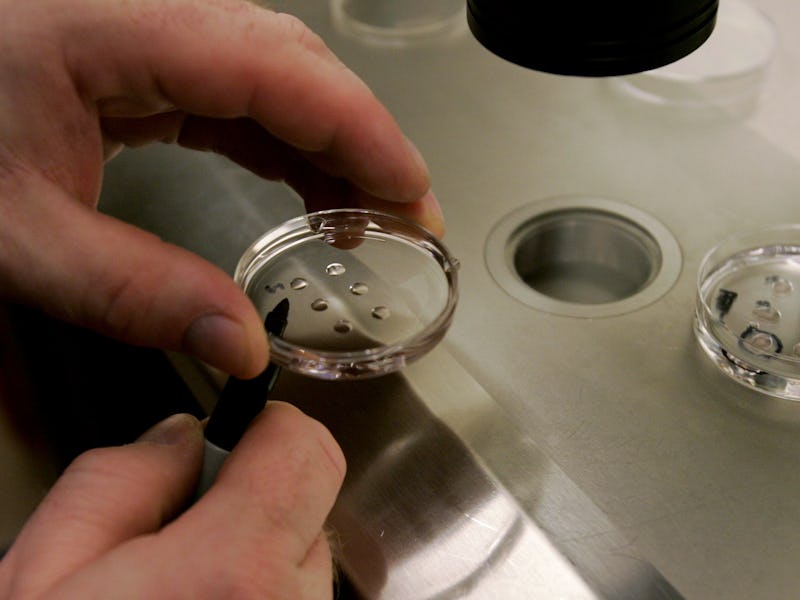The Chimera Has Come to Save and/or Kill Us!
A blanket ban on studying part-animal, part-human embryos will be lifted.

Scientists in the U.S. could soon be allowed to create part-human, part-animal embryos in the laboratory, now that a nation-wide moratorium on chimera research is under official review.
In biology, chimeras — named after the mythical human-goat-lion-serpent hybrid — are embryos formed from animals that have been injected with human stem cells. For example, a rat may be modified to grow a human cancer tumor, or a pig may grow a human pancreas to be harvested later for transplantation. The controversial — though promising — research has been polarizing; while it has the potential to advance studies of human disease and transplantation, the National Institutes of Health, fearing the ethical implications, imposed a moratorium on all studies last September.
The blanket ban led to an uproar among pro-chimera scientists hoping to use the hybrid animals as models for studying human disease and to investigate whether they could be used to grow human organs. Even Pope Francis, representing the notoriously science-conservative Catholic Church, gave Spanish researchers his blessing to continue with their work on pig-human chimeras. Still, the NIH refused to respond to urgent calls from scientists to reconsider the moratorium for months.
The biggest concern of the anti-chimera camp is that the research will blur the border between human and animal before we’re ready to deal with the consequences. Researchers developing chimeric embryos run the risk that the human stem cells they inject into an animal don’t end up where they’re supposed to; if liver-bound human stem cells escape and wind up inside an animal’s brain or sperm, will we consider the rat partially human? Now that the moratorium on research has been lifted, the chances that we won’t have to consider such scenarios will increase.
The NIH’s new policy comes with several caveats meant to keep the line between humans and animals distinct. Injecting human cells into the embryos of our close primate relatives, such as monkeys, chimpanzees, and gorillas — remains off-limits. Experiments using other animals are fair game, though proposed studies, especially those dealing with the brain, will still have to go through a government approval process.
“I am confident that these proposed changes will enable the NIH research community to move this promising area of science forward in a responsible manner,” Carrie D. Wolinetz, Ph.D., the NIH’s Associate Director for Science Policy, said in a blog post outlining the proposal today. The public is invited to comment over the next 30 days, during which time the blanket ban will remain in effect.